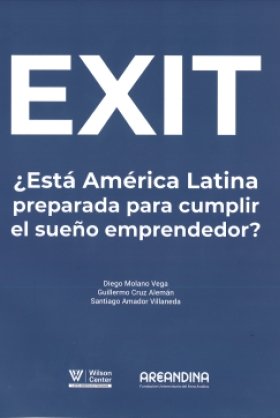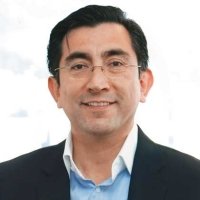EXIT: ¿Está América Latina preparada para cumplir el sueño emprendedor?



EXIT: ¿Está América Latina ... by on Scribd
New technologies and the digitizalition of information have had transformative impacts on the global economy. Yet Latin America as a whole has played a passive role in the new digital economy. No Latin American company figures among the major global technology companies, and the Cornell University's Global Innovation Index places the region well behind other developed and emerging market economies. At the same time, a number of technology companies in the region--Argentina's Despegar and Mercado Libre, Mexico's Softtek, Brazil's B2W and Nubank, and Colombia's Rappi--have grown rapidly, achieving market values upward of $1 billion. In a new study published by the Latin American Program and Colombia's Fundación Universitaria del Área Andina, authors Diego Molano, Guillermo Cruz, and Santiago Amador explore five "ecosystems" of digital entrepreneurship and innovation in Latin America: Buenos Aires, Guadalajara, Medellín, Santiago, and São Paulo. They develop a unique methodology for identifying the multiple factors contributing to the success of these ecosystems and make policy recommendations for the public and private sectors in the areas of human capital, digital infrastructure, financing, regulation, and other areas.

The Wilson Center’s prestigious Latin America Program provides non-partisan expertise to a broad community of decision makers in the United States and Latin America on critical policy issues facing the Hemisphere. The Program provides insightful and actionable research for policymakers, private sector leaders, journalists, and public intellectuals in the United States and Latin America. To bridge the gap between scholarship and policy action, it fosters new inquiry, sponsors high-level public and private meetings among multiple stakeholders, and explores policy options to improve outcomes for citizens throughout the Americas. Drawing on the Wilson Center’s strength as the nation’s key non-partisan policy forum, the Program serves as a trusted source of analysis and a vital point of contact between the worlds of scholarship and action. Read more
